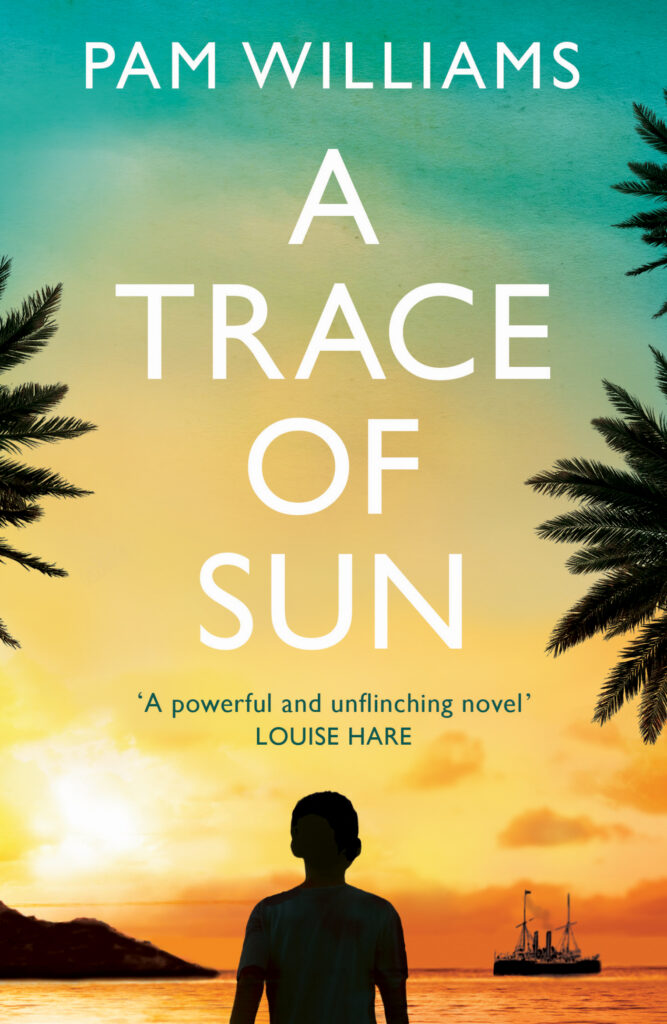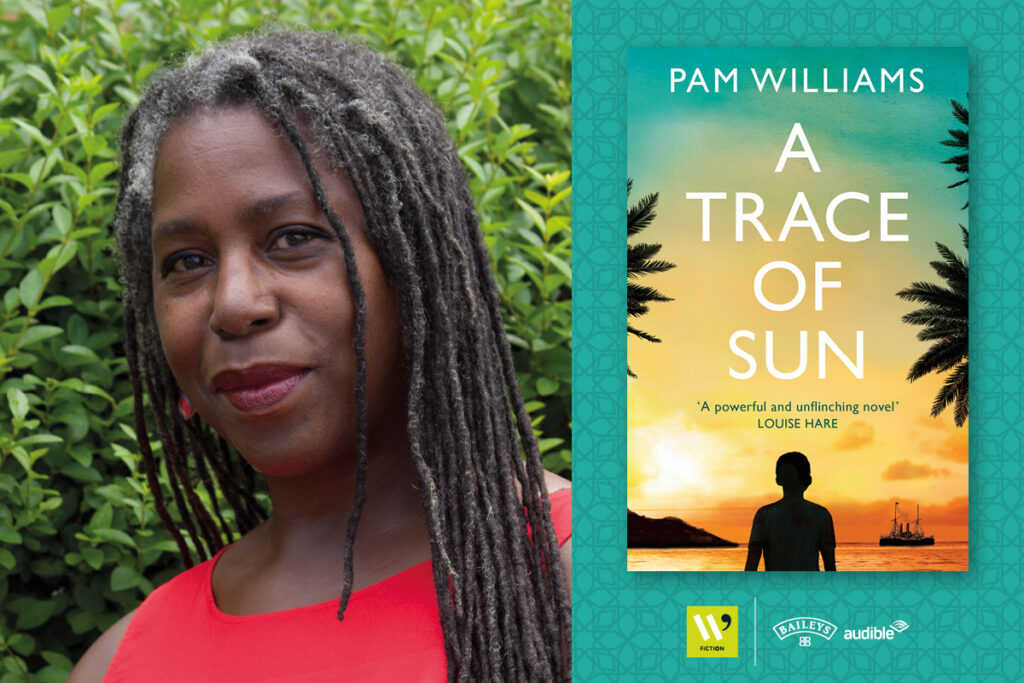Following a boy who stays behind in the Caribbean as his parents leave for England in search for a better future for them all, A Trace of Sun by Pam Williams is a beautiful, emotionally searing saga of separation, sacrifice and family.
One of the debut novels on the Women’s Prize for Fiction 2024 longlist, A Trace of Sun draws from Pam’s family experiences as part of the Windrush generation.
A beautiful and heartbreaking story told over the passage of time, exploring what it means to be a woman and mother and what the people in your life expect, want and need from you.
Laura Dockrill

Describe your book in one sentence as if you were telling a friend.
It’s about a mother and son who are separated when she leaves the Caribbean to find work in London, not knowing it will be seven years before they’re reunited or how much being left behind will damage the mental health of her son – until he commits an act that tears them apart and they’re forced to move on with their lives both harbouring secrets they’re too afraid to share.
What inspired you to write your novel?
My family. My mother left Grenada to join my dad in London in 1960. She brought my brother aged two with her but had no choice but to leave her four older children behind. She was pregnant with me and I was born two months after her arrival. It was seven years before two of my siblings were able to join us. (By this time immigration laws had changed the age limit for children that could be sent for dropped from 18 years to 16, so my eldest siblings were both too old). My sister was fifteen and adjusted to life in London well. My brother, aged 13, seemed to acclimatise, but by his mid twenties was diagnosed with paranoid schizophrenia. These themes of family separation and the possible link to mental health were what I wanted to explore. At first, more than thirty years ago, I started writing my mother’s biography. But there was so much I didn’t know about her lived experiences – we didn’t talk about them in any depth – I decided to fictionalise events and imagine all the emotions and challenges she’d faced. After putting away the draft then restarting and revamping it several times – because life was busy with work, marriage and motherhood and changes in my career, I finally crafted A Trace of Sun when on the London Writers Award 2019.
Which part of the book was the most fun to write? Which was the most challenging?
Raef’s first relationship. I loved creating some much needed happiness for him. And it was fun to recall the films and fashions of the day too. The most challenging part was conveying Raef’s psychosis – especially the incident with his sister. That was quite harrowing and took a lot of revisiting and editing.
If you could take one book to a desert island, what would it be and why?
‘To Kill A Mockingbird’ is one of those books I can re-read and still be totally drawn into, so I’d take my copy that I still have from my school days, even though it is close to fifty years old. I love the way the story weaves together the father daughter relationship and the reality of life for Black people in that era. It hit hard.
Where is your favourite place to write?
My ideal place to write would be on my sister’s verandah in Grenada, overlooking the lush green hills. My reality is that I usually write in my kitchen so that I’m close to the kettle and can make lots of tea. But I do have photographs of beautiful locations I’ve travelled to hanging on the wall to look at.
If you hadn’t been a writer, what would you be doing now? Where would you be?
For me, currently, that’s the other way around. I’m a SEN teacher now, but even when I was a fashion journalist and stylist, and then a foster carer, all I wanted was to find more time to just write. Writing full time would be the perfect life.








